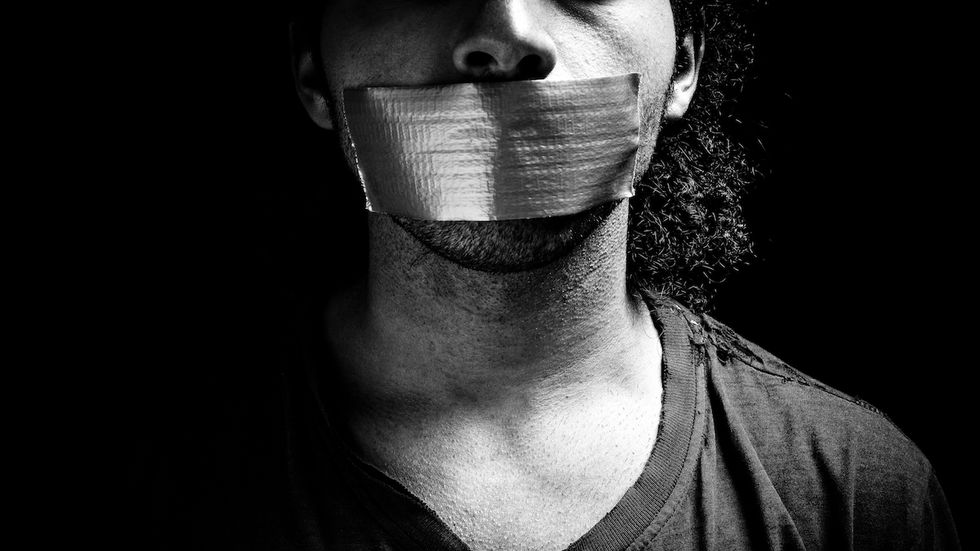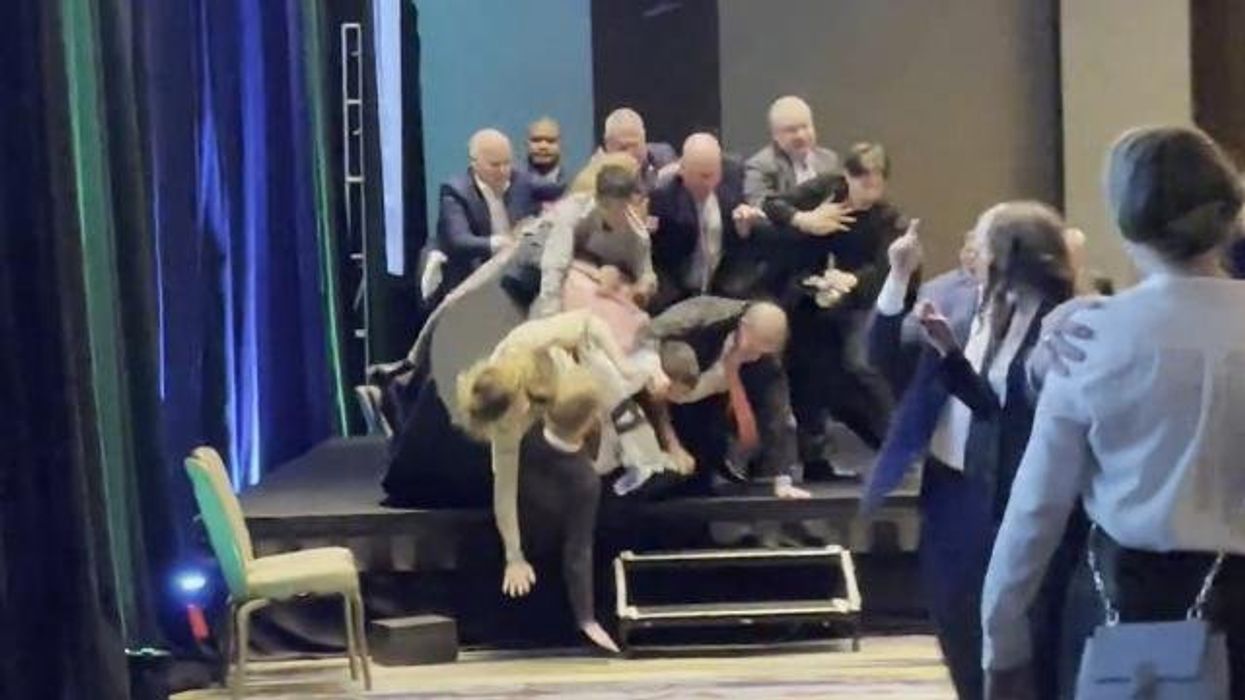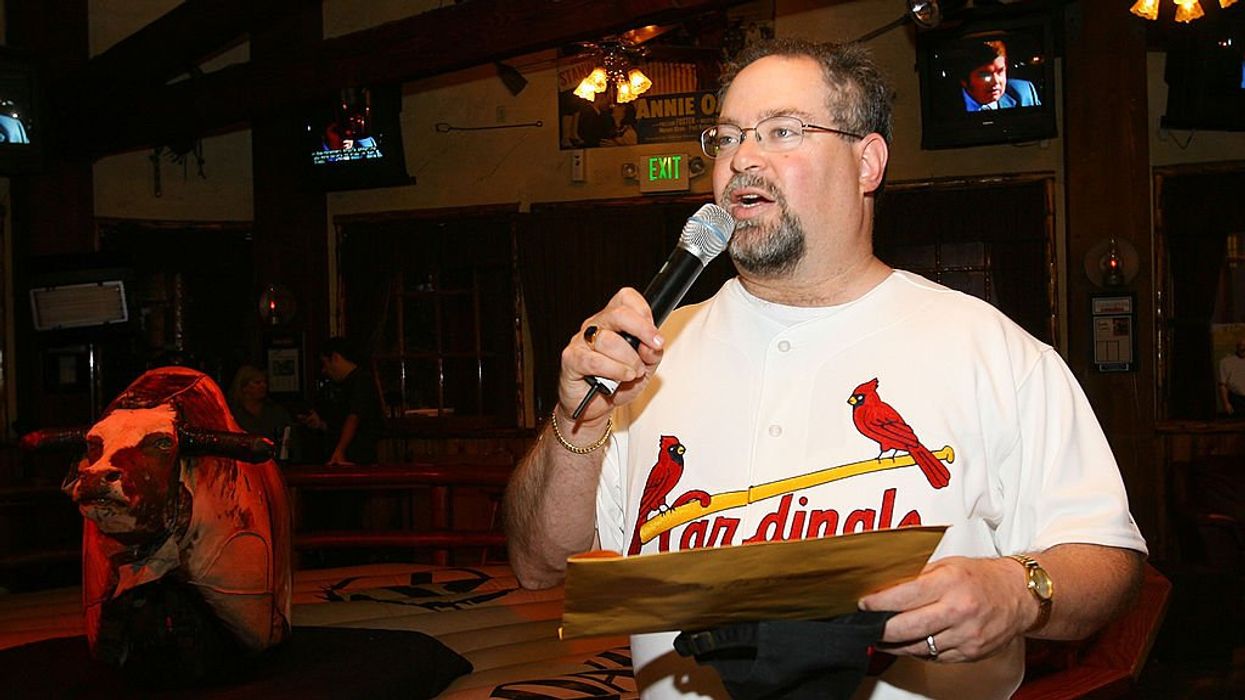
© 2024 Blaze Media LLC. All rights reserved.
The U.S. Supreme Court announced Monday that next Fall could mark a revival of sorts for the Constitution, or perhaps the most fatal blow that document has ever suffered.
That’s how much rides on Masterpiece Cakeshop v. Colorado Civil Rights Commission.
A Colorado baker’s faithful witness to both God and the rule of law is in the crosshairs. And should he be made a martyr as other Christians before him have at the hands of the Rainbow Jihad, then the protective case the Constitution is ensconced within the National Archives may as well be made of lighter fluid-laced kindling.
Nothing short of the religious liberty of each and every American citizen, as well as the churches and synagogues they belong to, will be at stake. New justice Neil Gorsuch will be called upon to make what might be the most important legal rendering of his career, and it’s just his first full term on the bench.
This week showed promise that he is up to the task, as he ruled both correctly and eloquently in the Trinity Lutheran case. That opinion overruled lower, usurping courts by a count of 7-2 – a near miracle in today’s jurisprudence on matters of supreme cultural import – that a state can’t refuse funds to a church for a generally available pubic benefit under the First Amendment.
One might think in a sane world that the court is telegraphing an outcome for next session’s far more monumental ruling, but not so fast. This is still a court with John Roberts and, at least for the time being, Anthony Kennedy on it. Not to mention several other committed anti-constitutionalists. With them, nothing is certain but uncertainty.
What isn’t uncertain is that after the original wording of the U.S. Constitution was completed, some of our most faithful and influential Founding Fathers were still dubious of ratifying it. All because they feared that if it didn’t offer more specifics about what government can and cannot do. That’s why after much deliberation and debate, the Framers were prophetic as they came together to draft the “Bill of Rights,” including the First Amendment:
Congress shall make no law respecting an establishment of religion, or prohibiting the free exercise thereof; or abridging the freedom of speech, or of the press; or the right of the people peaceably to assemble, and to petition the Government for a redress of grievances.
Here the term “congress” is synonymous with “government,” since the Framers had no intentions of allowing anyone other than actual lawmakers to make law. Not unelected judges or monarchial presidents as we permit to rule over us today.
There are two reasons why religious freedom and free speech were listed first in our Bill of Rights.
If we were going to have a system predicated on God-given (not government-granted) rights, then the people were going to need to be free from government to worship and obey God in the first place. Because once the precedent is set that government can restrict access to God, then that conveys government – not God – is the ultimate authority. Our Founding Fathers had just fought a revolution against a king who literally believed his earthly authority was akin to God’s, so the last thing they wanted was to establish a government that arrogantly pretended the same.
One way to make that less likely would be to allow the people to speak their minds — even against their own government if need be. Our words come from our conscience, so by restricting speech we’re really restricting our beliefs. That completely undermines the constitutional paradigm, which is to limit the jurisdiction of the government and not the freedom of the governed.
From the dawn of the republic these twin pillars of liberty served us well and were the genesis of all other rights. They kept in place the foundation needed to maintain liberty, but also permitted us to right our wrongs.
All previous successful social reform movements (abolition, women’s suffrage, civil rights for minorities, etc.) in this country’s history wouldn’t have been possible without religious freedom and free speech. Each of them had their roots in the church, with the church free to speak truth to power. And free speech provided the platform that made confronting injustice in the public square possible.
So has the clock finally run out on all of that? I know I said there was hope to be found in the court’s Trinity decision, but the very same court on the very same day said two dudes or two gals can be listed as parents on a birth certificate. Or that a chic can be a dad, and a dude can be a mom.
It’s a two-for-one special! Mocking the law and ignoring science for everyone!
The double-minded man is unstable in all his ways, and he wears black robes in Washington, D.C.
Want to leave a tip?
We answer to you. Help keep our content free of advertisers and big tech censorship by leaving a tip today.
Want to join the conversation?
Already a subscriber?
BlazeTV Host
Steve Deace is the host of the “Steve Deace Show” and a columnist for Blaze News.
SteveDeaceShow
Steve Deace
BlazeTV Host
Steve Deace is the host of the “Steve Deace Show” and a columnist for Blaze News. On his show, he serves up principled conservatism daily, with a snarky twist. He is a best-selling author and movie producer, but most importantly, he is a husband and dad.
@SteveDeaceShow →more stories
Sign up for the Blaze newsletter
By signing up, you agree to our Privacy Policy and Terms of Use, and agree to receive content that may sometimes include advertisements. You may opt out at any time.
© 2024 Blaze Media LLC. All rights reserved.
Get the stories that matter most delivered directly to your inbox.
By signing up, you agree to our Privacy Policy and Terms of Use, and agree to receive content that may sometimes include advertisements. You may opt out at any time.



